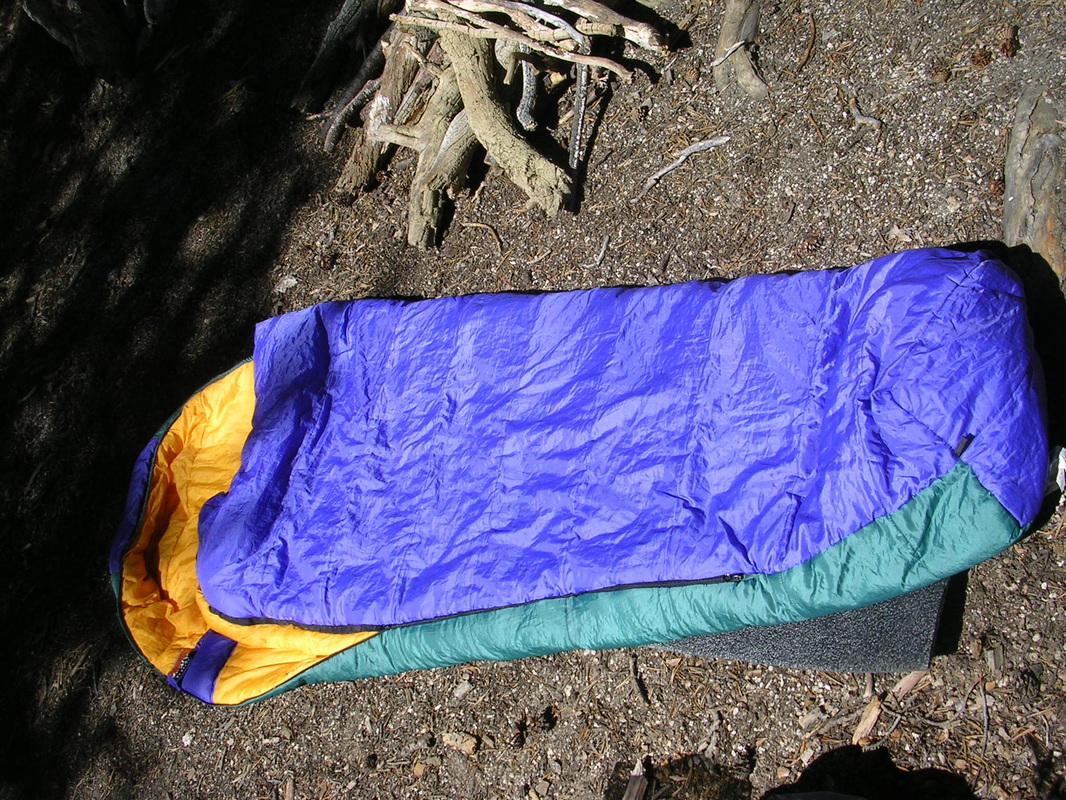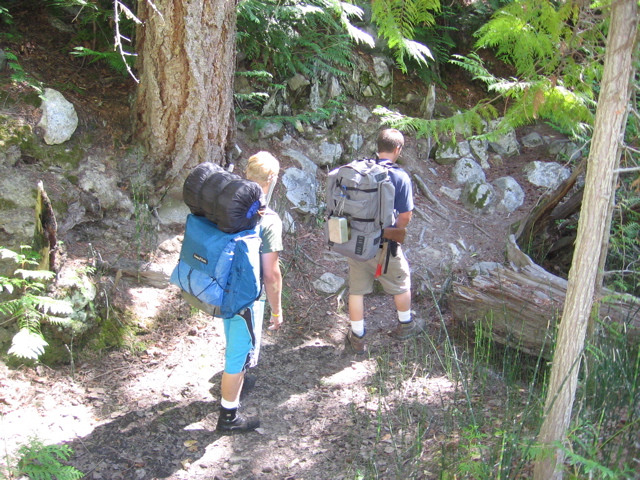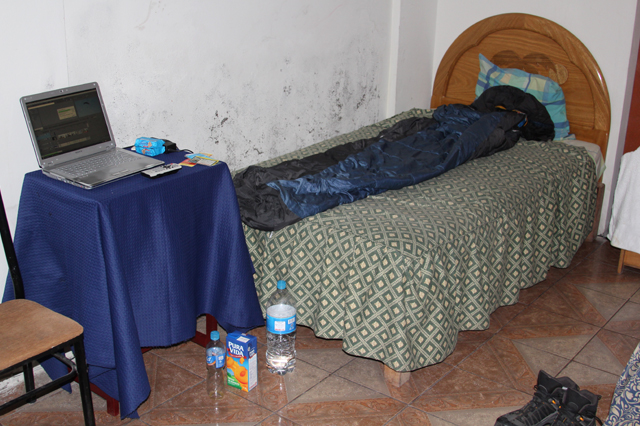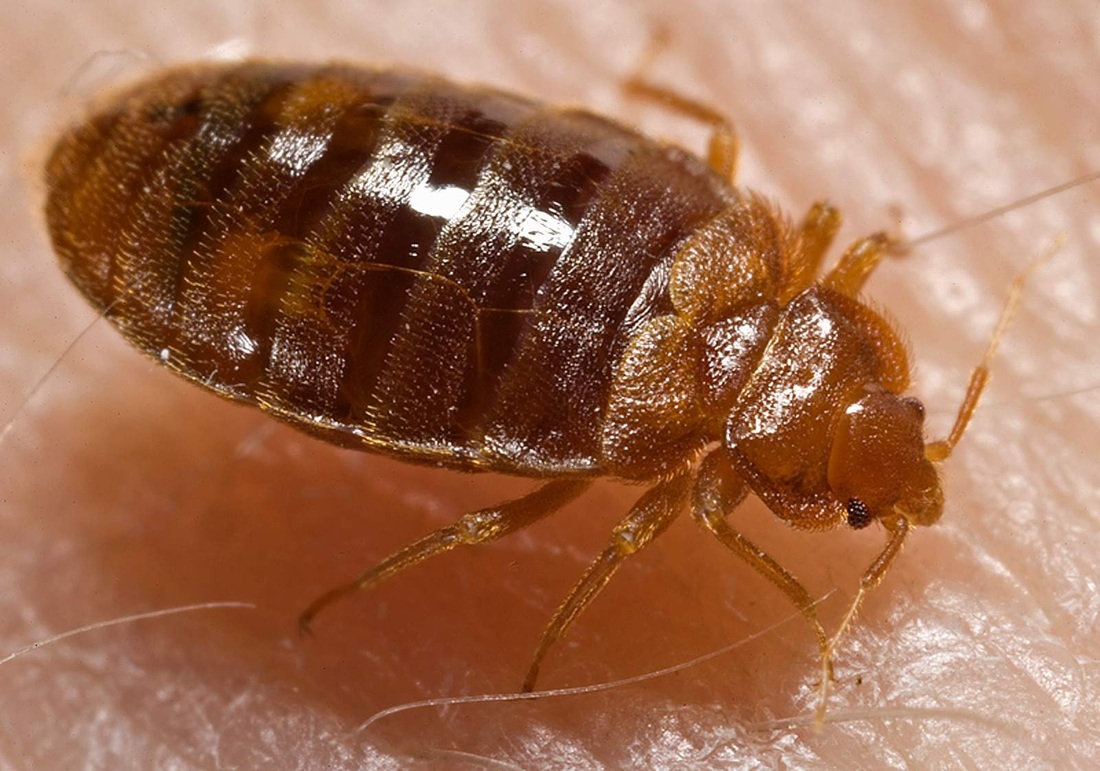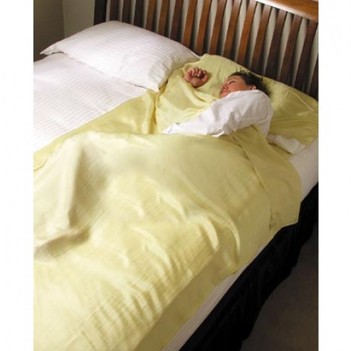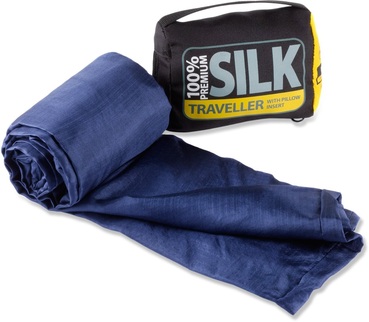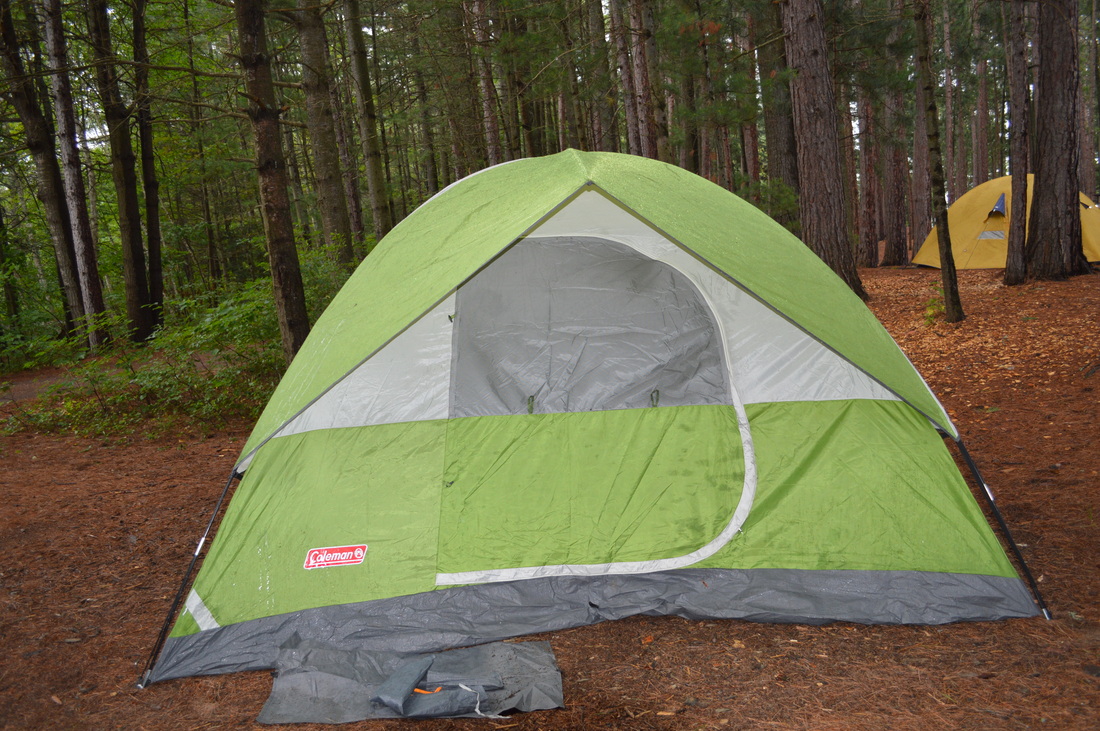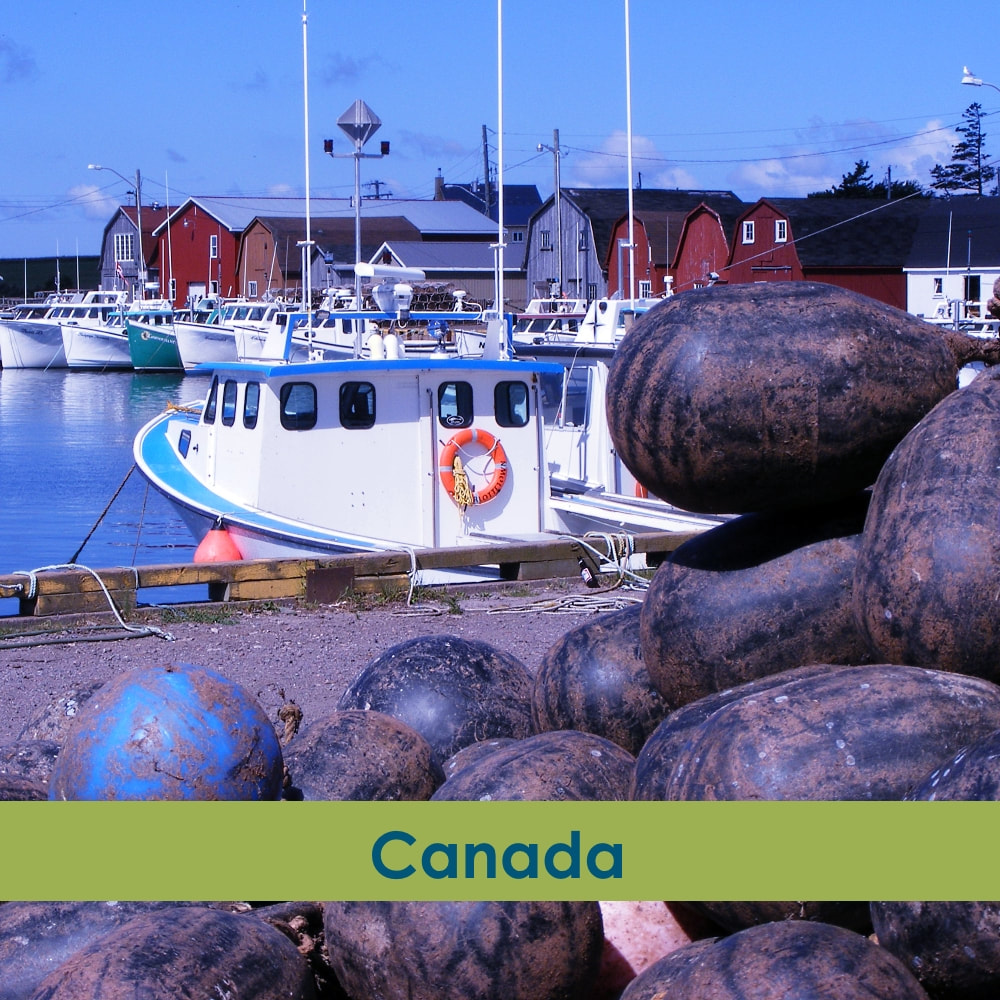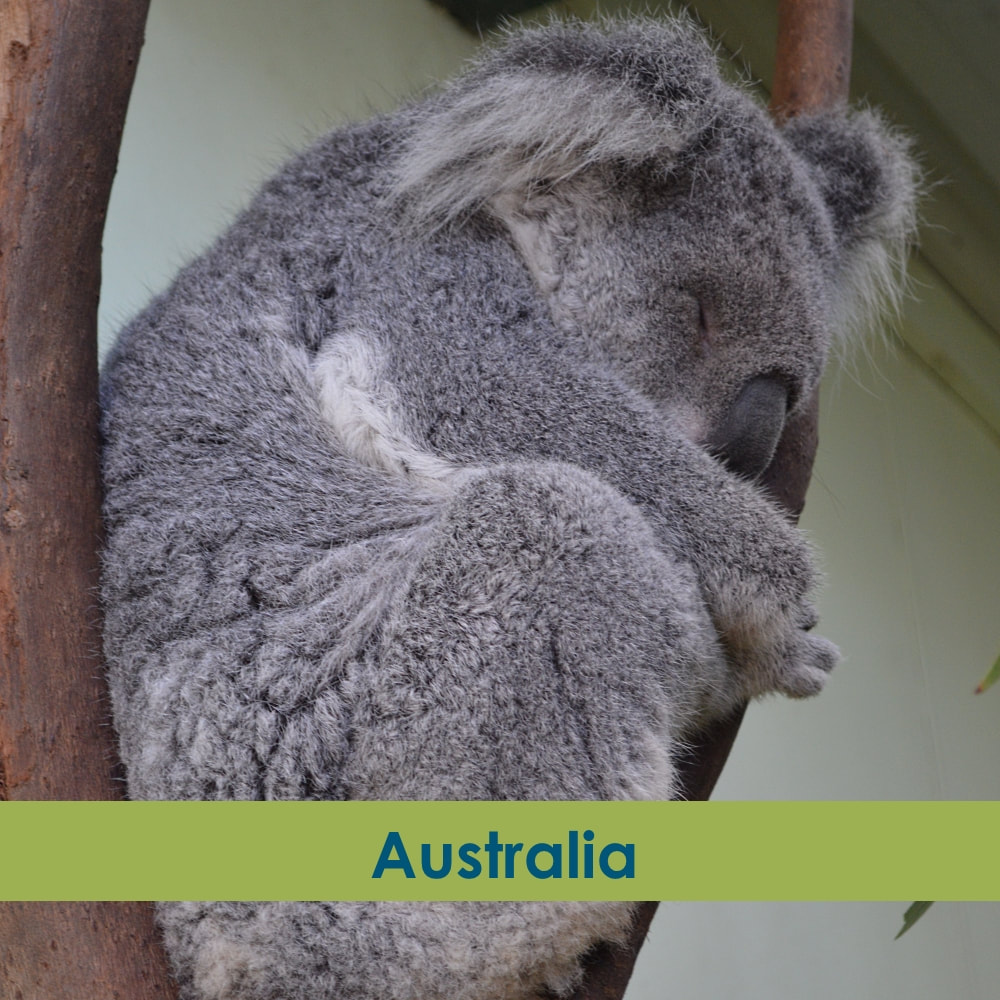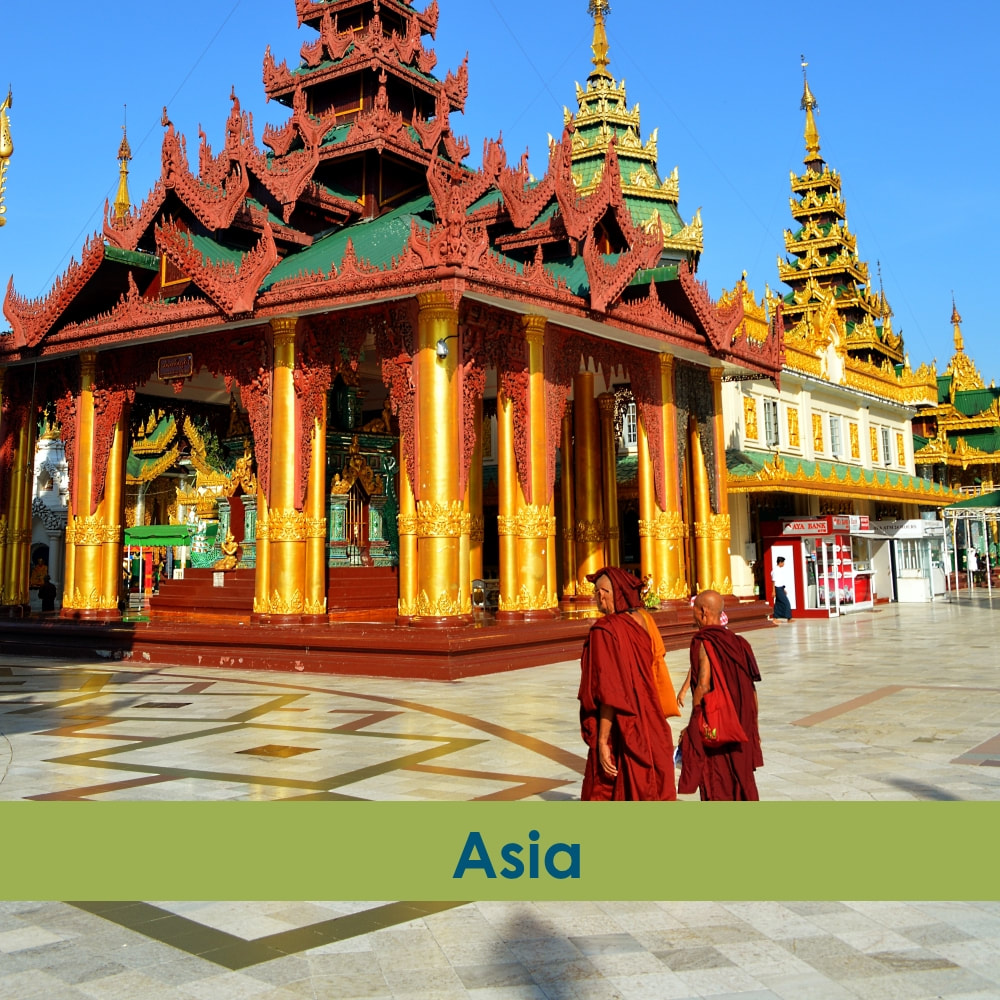Readers Want To Know: Does A Sleeping Bag Count As Carry-on? Can I Use A Sleeping Bag in a Hostel?31/1/2014
Updated in 2022! Sleeping bags were once a travel staple - but can you still use sleeping bags in hostels? What about taking a sleeping bag on an airplane? Do backpackers even need sleeping bags now?
|
�
Recent Posts
Posts by Location
Post Categories
All
Posts by Date
June 2024
|
Disclaimers, Privacy, and Cookie Policy |
Top 100 Travel Influencer
As named by the Obama White House in 2014. |
© COPYRIGHT 2024. ALL RIGHTS RESERVED.
|

